Boethius’ Consolation of Philosophy as a Product of Late Antiquity
Introduction 1 Boethius and the Ideology of the Roman Senatorial Aristocracy - The Ideology of the Roman Senatorial Aristocracy I: Education and Literary Pursuits - The Ideology of the Roman Senatorial Aristocracy II: Wealth, Nobility, Political Prominence and Morality Boethius' Family Heritage: the Anicii and the Symmachi - The Philosopher in Politics Consolation I.4 and the Ideology of the Roman Senatorial Aristocracy Philosophy and External Goods -The Possession of Wealth Power and Dignitas The Vanity of Glory Conclusion 2 - The Illness and the Healer Vita Activa and Vita Contemplativa in the Ideal Philosopher Boethius' Illness: Forgetfulness Philosophy, a Peculiar Character - The Appearance of Philosophy Living as a Philosopher Philosophy, a 'Dialectical' Doctor Philosophy's - Therapy and its Methods - The 'Philosophical' - Therapy Conclusion 3 How does Philosophy Convey her - Therapy? Poetry and Rhetoric as Instruments of Philosophy's - Therapy Poetry and the Consolation - The Poetics of the Consolation Poetry, Music and - Therapy: the Consolation's Sources - The Source of Music's - Therapeutic Power: the Consolation's Sources Music and - Therapy in Boethius' De Musica - The Poems of the Consolation Poetry Quotations in the Consolation Rhetoric and the Consolation - The Use of Exemplum - The Use of Myths - The Use of Personi- cations Conclusion 4 Christianity and the Consolation Christianity and Classical Culture in Boethius' Circles Christianity and Philosophia Philosophy and Wisdom in Boethius' Works Philosophy and Wisdom in the Consolation Conclusion Concluding Remarks Bibliography Index
{{comment.content}}

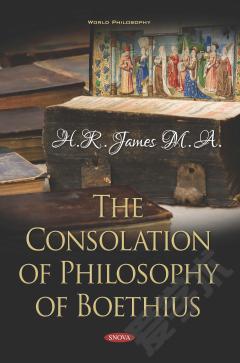
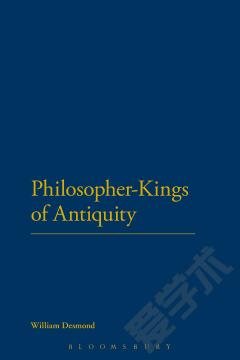
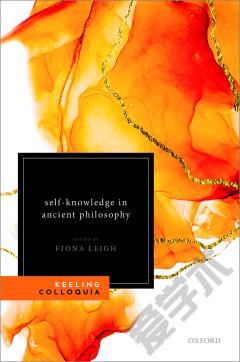

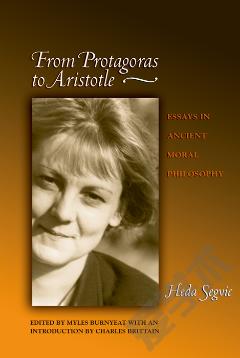
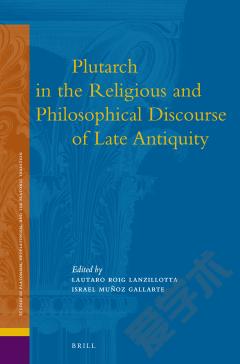

 京公网安备 11010802027623号
京公网安备 11010802027623号